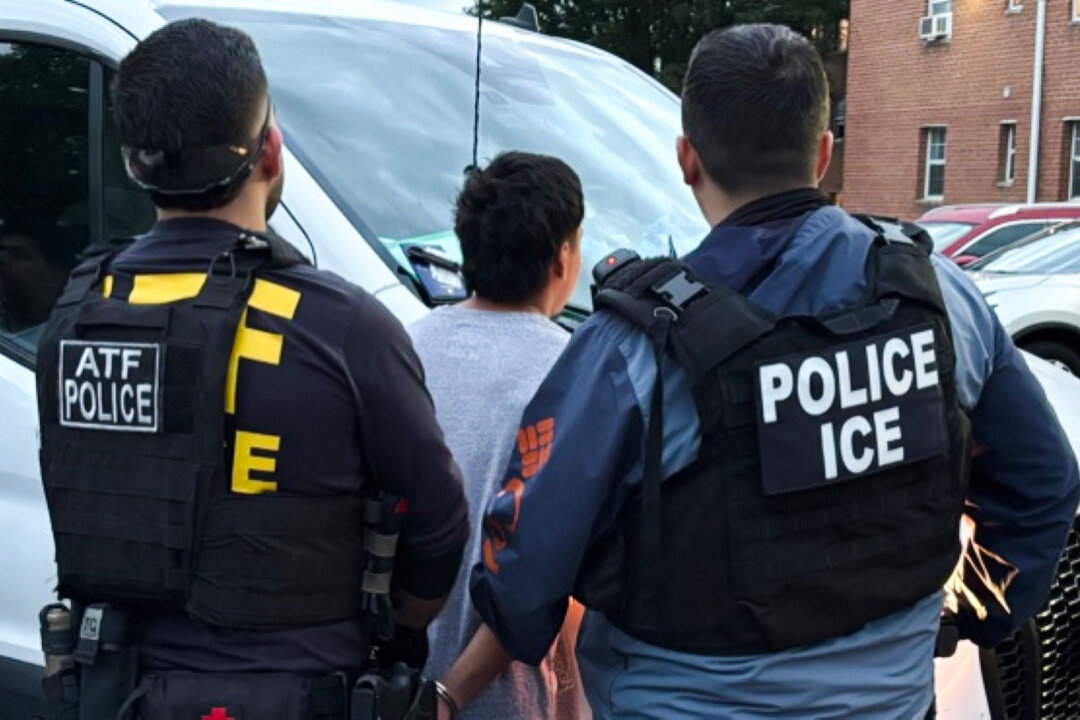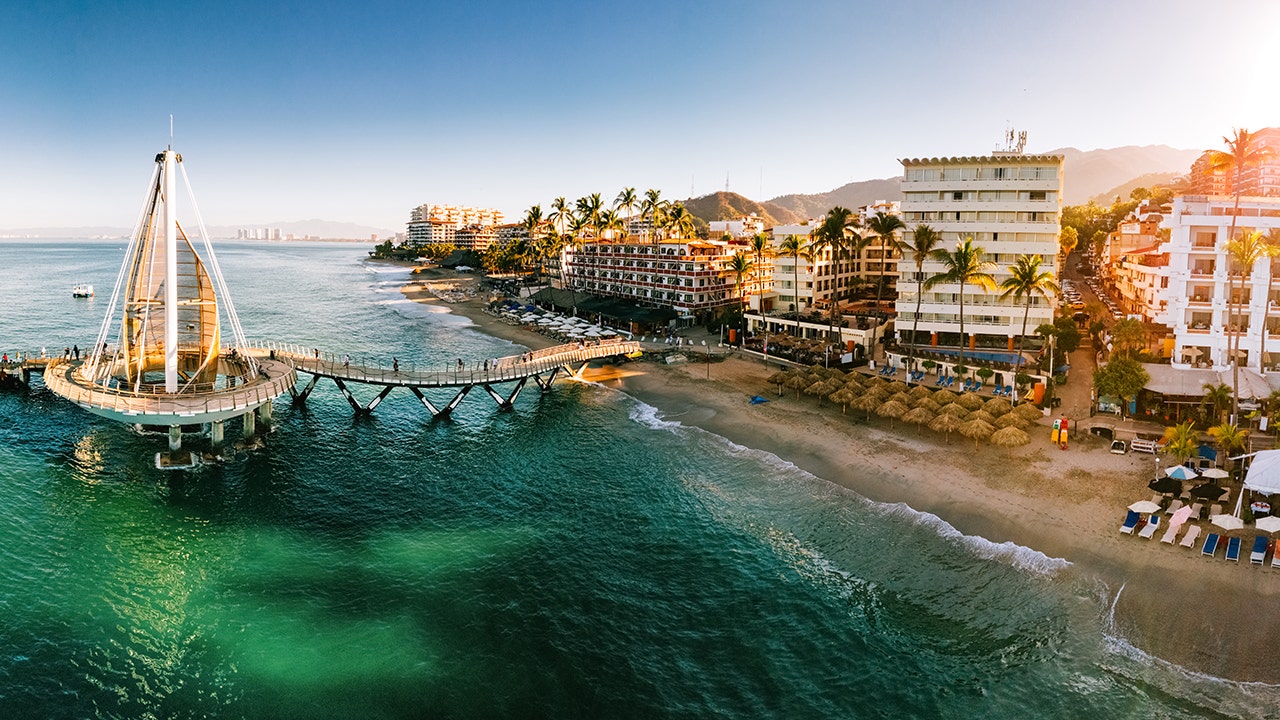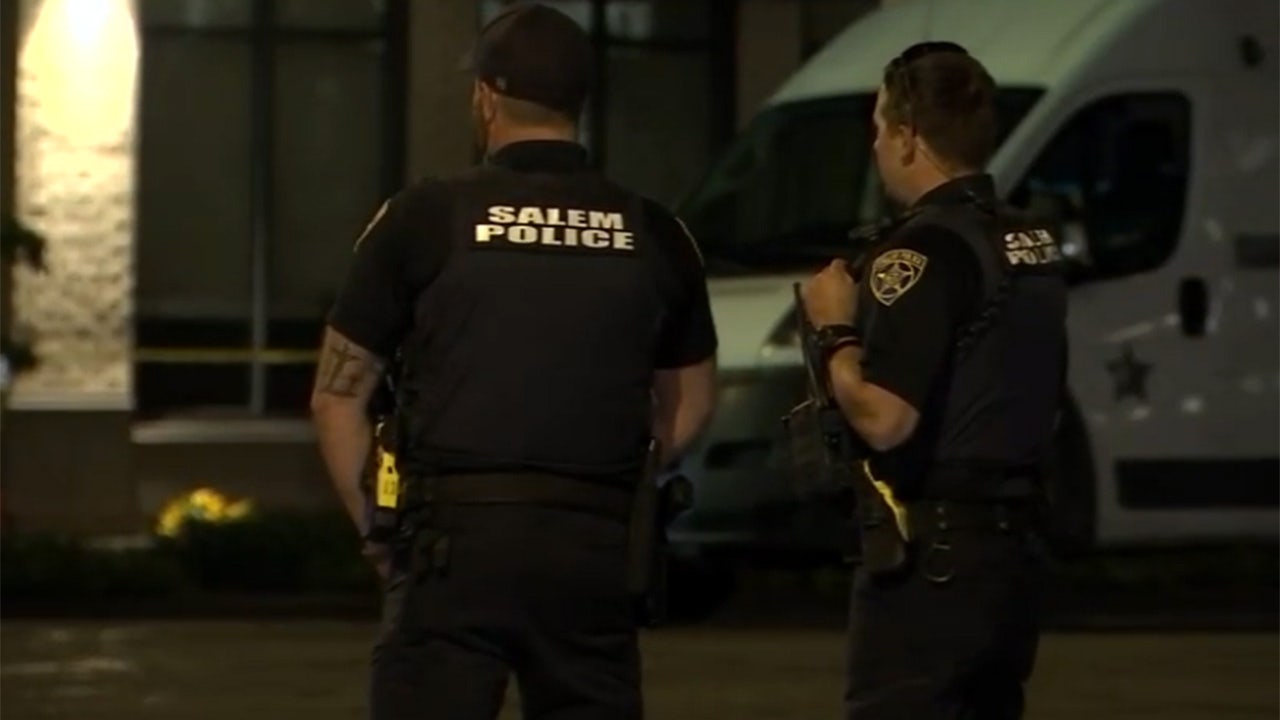New Hampshire has taken a stand to ensure local authorities work hand in hand with federal immigration officials. Governor Kelly Ayotte recently signed two significant bills into law with the aim of banning sanctuary policies in the state. During the signing ceremony, Ayotte was clear: “There will be no sanctuary cities in New Hampshire. Period. End of story.”
The first bill, House Bill 511, requires local municipalities to comply with U.S. Immigration and Customs Enforcement (ICE) detainer requests as much as they can and when it’s safe to do so. These detainers typically ask local jails to hold individuals for up to 48 hours, allowing federal agents time to take them into custody. The law also makes it clear that cities cannot have blanket policies that ignore federal immigration directives.
In addition to these measures, the bill restricts local police from inquiring about a person’s citizenship unless they are under investigation for a specific New Hampshire law violation. The second law, Senate Bill 62, allows state and local governments to voluntarily work with ICE if they choose. It also permits county jails to hold individuals for an extra two days after they’ve resolved state charges if they are subject to ICE detainment.
The Memorial Day Sale is ON NOW! Get 25% off site-wide with discount code MEMORIAL25 at checkout.
Includes FREE shipping in the USA.
https://GetZStack.Com
Local governments not adhering to this new law could face financial penalties, losing up to 25 percent of their state funding. Both of these laws are scheduled to go into full effect starting January 2026. This move by Governor Ayotte fulfills a major campaign promise she made last year, emphasizing her commitment during her inaugural address.
Ayotte pointed to Massachusetts as a “cautionary tale,” noting the burdensome costs imposed on taxpayers due to the state’s approach to immigration. Even though Massachusetts Governor Maura Healey has stated her state is not a sanctuary state, she has also made it clear that state police won’t assist in federal deportation efforts. Some cities in Massachusetts, like Boston and Cambridge, have declared themselves sanctuary cities.
Massachusetts is currently dealing with an overwhelmed emergency shelter system, which provides necessary services like housing and food to eligible families regardless of immigration status. Since 2022, the state has even been using hotels and motels as emergency shelters and anticipates needing over $1 billion to keep the system running through fiscal year 2025. This is consistent with past spending levels.
Earlier this year, Governor Healey signed a budget to allocate an additional $425 million for these shelter services. This funding came despite Republican efforts to implement stricter criminal background checks for shelter residents and to allow ICE access to shelters being blocked by Democrats. Governor Ayotte remarked, “This is something we ran on to make sure that New Hampshire would not go the way of Massachusetts and their billion-dollar illegal immigration crisis.”
New Hampshire is now among a growing number of states that have taken action against sanctuary policies. Reports from groups like the Immigrant Legal Resource Center indicate that over 20 states, including Alabama, Florida, Texas, and Georgia, have laws requiring some level of local cooperation with federal immigration enforcement.
On the flip side, there are states such as California, Colorado, Connecticut, Illinois, Maryland, New Jersey, New York, Oregon, Rhode Island, Vermont, and Washington that have chosen a different path. These states have taken measures to limit local involvement in federal immigration enforcement.




